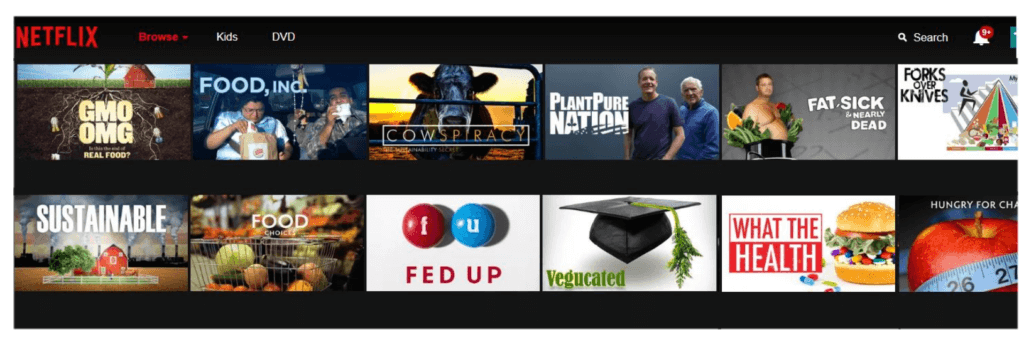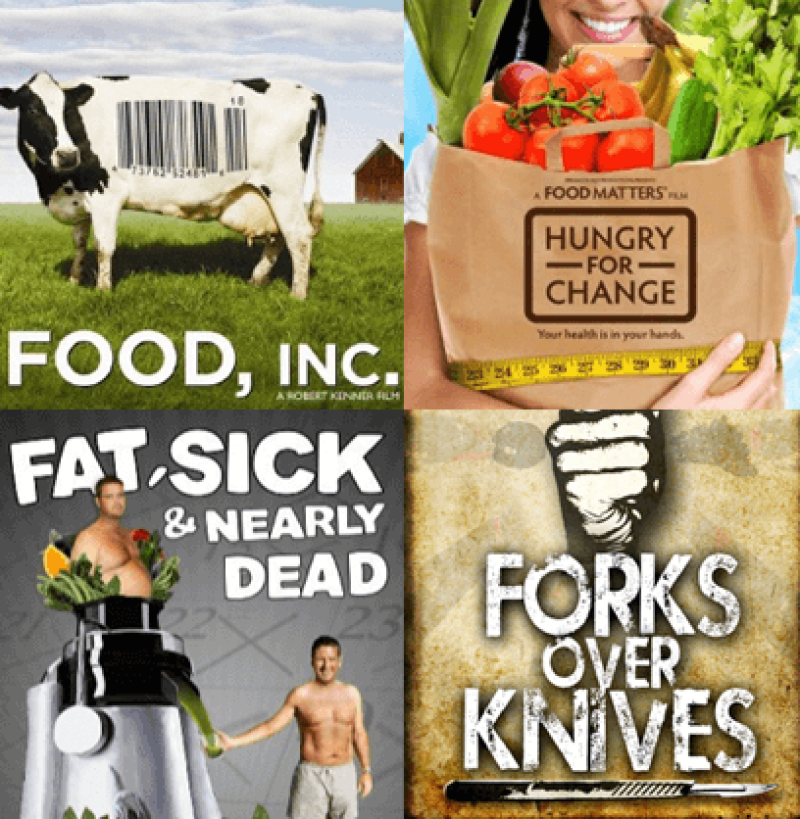Netflix has declined to carry the agriculture documentary called “Food Evolution”, for reasons they refused to specify.
…
Is the Netflix audience not a science audience? Maybe not. In a poll of our office few people had it, which was a surprise to me. Netflix clearly dominates the home streaming market so they must know what they are doing, but they won’t appeal to everyone. (2) They may have a business reason to not want to rock the boat among the environmentalists who subscribe. Their data mining may have shown that scientists do not ‘vote’ on science issues in film any more than they do in politics.(3) They may recognize that scientists who do have Netflix are not canceling it over unwillingness to accept a documentary – or even if the company features blatantly anti-science documentaries – while environmentalists aggressively use their billion dollars a year in revenue to mobilize people to call and email and create boycotts if a company endorses science they refuse to accept. Netflix may be playing the smart demographic odds and believe they have a lot to lose and nothing to gain by siding with anti-science people on food.
…
I did a search for food documentaries and I found that the people who believe Netflix doesn’t care about food science are probably right. Every scary screed about dinner is on there but I wish you luck in finding a positive documentary if that is your appetite. 
The GLP aggregated and excerpted this article to reflect the diversity of news, opinion and analysis. Read full, original post: Netflix Is The Last Place You’ll Find A Pro-Science Documentary































